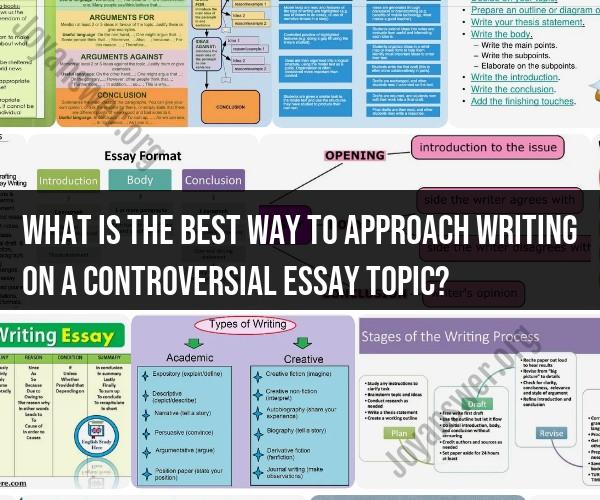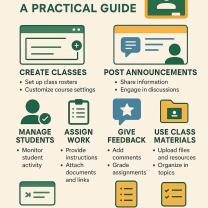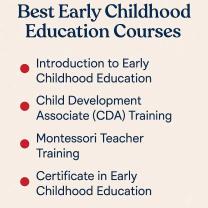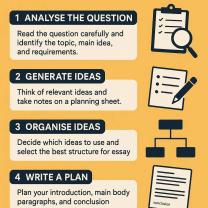What is the best way to approach writing on a controversial essay topic?
Approaching a controversial essay topic requires careful planning, research, and a balanced perspective. Here are some strategies to help you succeed when writing on such topics:
1. Choose Your Topic Wisely:
- Select a topic that genuinely interests you and about which you have some knowledge. The more passionate you are about the subject, the more compelling your essay is likely to be.
2. Conduct Thorough Research:
- Gather information from reliable sources, including books, academic journals, reputable websites, and experts in the field. Be sure to include a variety of perspectives to present a well-rounded argument.
3. Define Your Thesis Statement:
- Clearly state your position or argument in your thesis statement. This should be a concise summary of your stance on the controversial issue.
4. Understand Your Audience:
- Consider who your audience is and tailor your essay to their level of knowledge and potential biases. Anticipate their concerns and address them in your writing.
5. Maintain Objectivity:
- Present your argument objectively and avoid emotional language. Stick to facts and evidence to support your claims.
6. Acknowledge Counterarguments:
- Address opposing viewpoints and counterarguments honestly. Acknowledge valid points made by those who disagree with you, and then provide evidence and reasoning to support your position.
7. Provide Strong Evidence:
- Use credible evidence to back up your claims. This might include statistics, research findings, expert quotes, and real-world examples.
8. Organize Your Essay Effectively:
- Use a clear and logical structure for your essay. Typically, you should have an introduction, body paragraphs, and a conclusion.
- In the introduction, provide some background information on the issue and introduce your thesis statement.
- In the body paragraphs, present your main points, supporting evidence, and counterarguments. Each paragraph should focus on one key idea.
- In the conclusion, summarize your main points and restate your thesis. Leave the reader with a thought-provoking closing statement.
9. Use Ethical Persuasion:
- Persuade your audience through well-reasoned arguments and evidence, rather than resorting to emotional manipulation or fallacious reasoning.
10. Revise and Proofread:- Carefully edit and proofread your essay for grammar, punctuation, and clarity. A well-edited essay is more persuasive and credible.
11. Seek Feedback:- Share your essay with peers, teachers, or mentors to get feedback. They can provide valuable insights and help you refine your arguments.
12. Stay Calm and Respectful:- In discussions or debates, maintain a respectful and civil tone. Avoid personal attacks or insults. Focus on the issues, not the individuals.
13. Stay Informed:- Stay up-to-date with the latest developments and discussions related to your controversial topic. Be prepared to adjust your arguments if new information emerges.
14. Practice Empathy:- Try to understand the perspectives and experiences of those who hold opposing views. This can help you build a more nuanced argument.
Remember that writing about controversial topics can be challenging, but it's also an opportunity to engage with complex issues and contribute to meaningful discussions. Approach your essay with an open mind, a commitment to research and evidence-based reasoning, and a dedication to respectful discourse.













